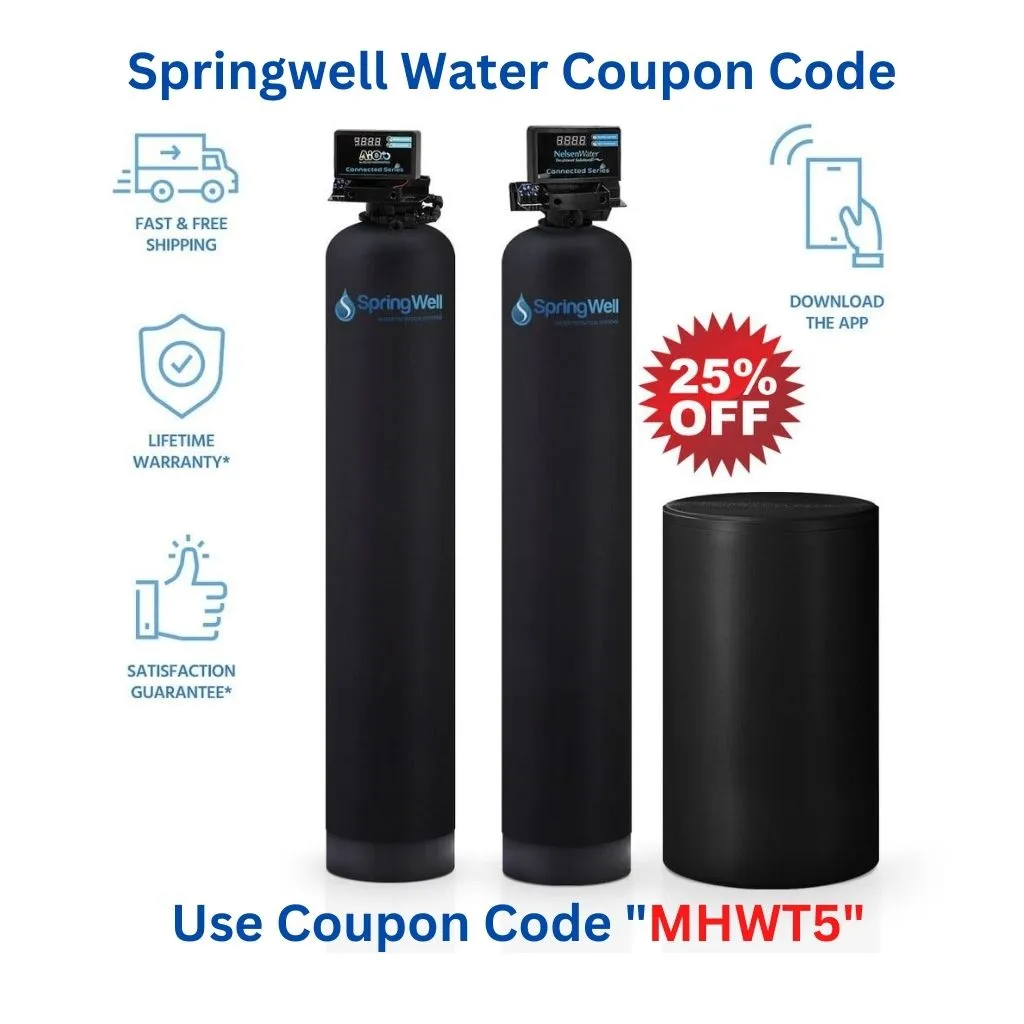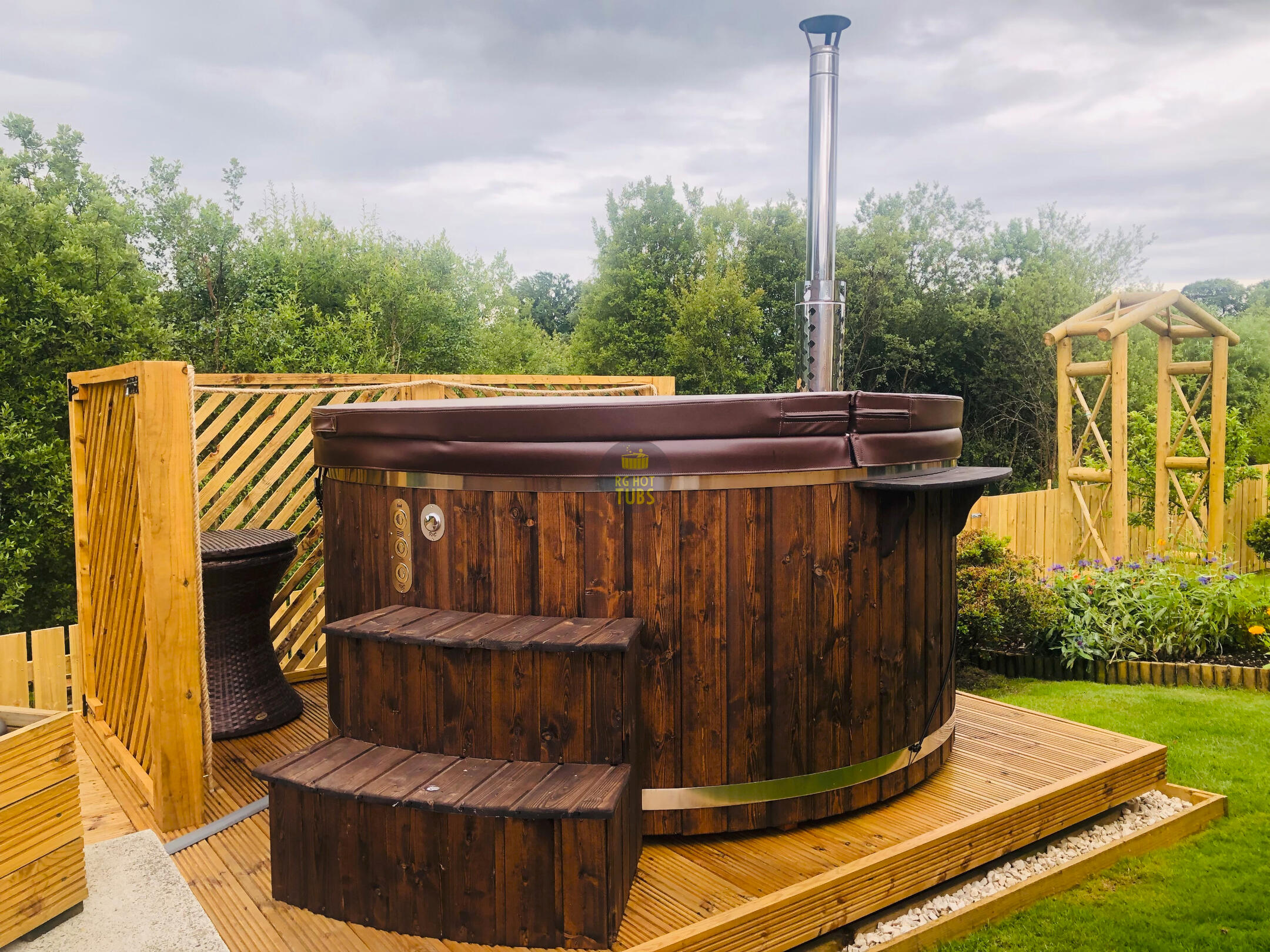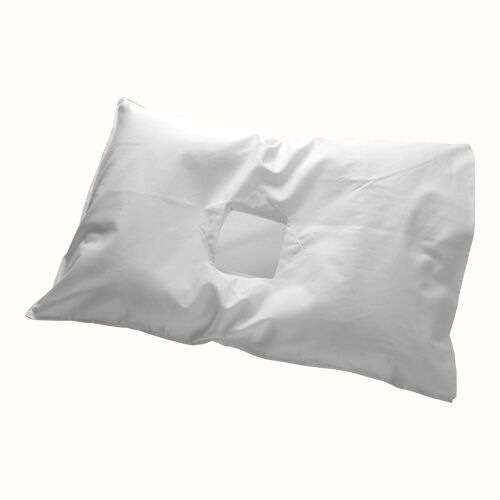Are you tired of dealing with iron stains and mineral deposits caused by hard water in your well? Look no further! In this article, we will explore the best water softener for well water with iron. Say goodbye to those pesky stains and hello to cleaner, softer water that’s gentle on your skin and appliances.

Content
The Negative Effects of Hard Water on Appliances and Plumbing Systems
Hard water, with its high mineral content, can wreak havoc on your appliances and plumbing systems. Let’s take a closer look at the negative effects it can have:
Scale buildup in pipes causes blockages
When hard water flows through your pipes, minerals like calcium and magnesium start to accumulate over time. This accumulation forms a stubborn layer called scale. As scale builds up inside the pipes, it restricts the flow of water. Eventually, this can lead to blockages and reduced water pressure throughout your home.
Imagine turning on the faucet only to be greeted by a weak trickle instead of a strong stream. It’s not just frustrating; it also affects everyday tasks like showering or doing laundry.
Damage to heating elements in appliances
Appliances that rely on heating elements are particularly vulnerable to the negative effects of hard water. When hard water is heated, these minerals are left behind as deposits on surfaces such as heating coils or heating rods.
Over time, these mineral deposits act as insulators and prevent efficient heat transfer. This leads to increased energy consumption because appliances need more power to reach their desired temperature. Additionally, compromised heating elements may malfunction or fail altogether due to excessive strain caused by mineral buildup.
How Does a Water Softener Work?
If you’re wondering how a water softener works its magic, look no further! In this section, we’ll dive into the functioning principles behind a water-softening system and how it effectively removes hardness-causing minerals.
Functioning principles behind a water softening system
A water softener is designed to combat hard water by removing the minerals that cause it. The primary method used in most water softeners is called ion exchange.
Ion exchange process for removing hardness-causing minerals
Inside the water softener tank, there are resin beads coated with sodium ions. As hard water flows through the tank, these resin beads attract and capture calcium and magnesium ions—the culprits responsible for making your water hard.
During this ion exchange process, sodium ions from the resin beads swap places with calcium and magnesium ions in the incoming hard water. This results in softened or “soft” water that is free from those troublesome minerals.
Regeneration process
To regenerate or recharge itself, a typical residential water softener goes through several stages:
- Backwash: The system reverses its flow to flush out any accumulated debris.
- Brine Draw: A concentrated salt solution (brine) is drawn into the mineral tank.
- Salt Resin Recharge: The brine washes over the resin beads, displacing calcium and magnesium ions while recharging them with fresh sodium ions.
- Rinse: Excess brine solution along with displaced minerals are rinsed down the drain.
- Return to Service: The regenerated unit resumes its regular operation of providing softened water throughout your home.
Cost Savings with a Water Softener Installation
Installing a water softener in your home not only brings numerous benefits but also leads to significant cost savings. Let’s explore how a water softening system can help you save money in two key areas: reduced repair costs and improved energy efficiency.
Reduced Repair Costs
Fewer breakdowns due to extended appliance lifespan leads to lower repair expenses.
Hard water can wreak havoc on appliances, causing them to break down prematurely. However, by using a water softener that prevents scale buildup, you can significantly extend the lifespan of your appliances. With fewer breakdowns, you’ll enjoy substantial savings on costly repairs or replacements.
Decreased pipe repairs caused by clogs or corrosion result in savings on plumbing services.
The accumulation of minerals from hard water inside pipes can lead to clogging or corrosion over time. This often requires professional intervention and expensive plumbing services. By utilizing a water softener to prevent these issues, you’ll experience fewer pipe-related problems and thus save money on potential repairs—keeping your overall plumbing costs under control.
Energy Efficiency:
Improved energy efficiency is another area where installing a water softener pays off—though it has many factors contributing towards it such as:
- When appliances operate with softened water free from scale buildup, they require less energy to function optimally.
- The absence of mineral deposits allows heating elements in appliances like dishwashers or washing machines to work more efficiently—saving both electricity and reducing utility bills.
By investing in a quality water softening system, you’re not only protecting your pocketbook from repair costs but also benefiting from improved energy efficiency throughout your home—a win-win situation for both your finances and the environment!
Conclusion
In conclusion, a water softener can indeed work wonders in extending the lifespan of your appliances and plumbing system. By eliminating scale buildup and protecting against mineral deposits, this essential device ensures smoother operation, improved efficiency, and fewer costly repairs—keeping your home running smoothly for years to come!
FAQs
u003cstrongu003eCan any water softener remove iron from well water?u003c/strongu003e
Not all water softeners are designed to effectively remove iron from well water. It’s important to choose a water softener that specifically addresses iron removal, such as those equipped with an iron filter or a combination of ion exchange and oxidation technology.
u003cstrongu003eHow do I know if my well water contains high levels of iron?u003c/strongu003e
Signs of high iron content in well water include reddish-brown stains on fixtures, metallic taste or odor in the water, and clogged pipes due to rust buildup. Getting your well water tested by a professional will provide accurate information about its mineral content.
u003cstrongu003eWill a standard residential-sized water softener be sufficient for dealing with both hardness and iron in my well water?u003c/strongu003e
Depending on the severity of both hardness and iron levels, you may need a specialized system capable of handling these specific challenges simultaneously. Consider consulting with experts or manufacturers who can recommend suitable models based on your unique circumstances.
u003cstrongu003eDo I need additional equipment along with a dedicated water softening system to address high iron concentrations in my well water?u003c/strongu003e
In some cases, especially when dealing with elevated levels of dissolved or colloidal (clear-water) iron, additional treatment methods like oxidation filters or catalytic media may be necessary alongside your chosen water softener. Understanding the nature and concentration of the iron present is crucial for determining whether supplementary equipment is needed.

Nancy Bonney is a health blogger and the founder of her own blog about fitness. She has been blogging for three years now and loves to share what she learns with others. Nancy enjoys reading, cooking, and staying active outdoors.











